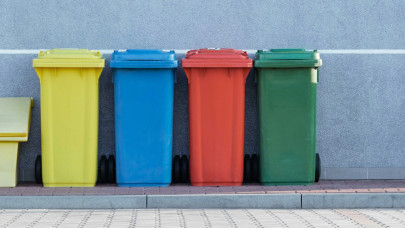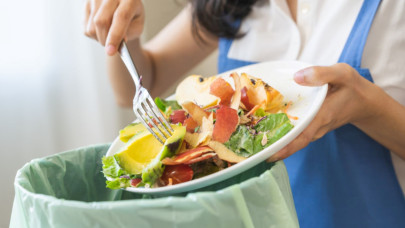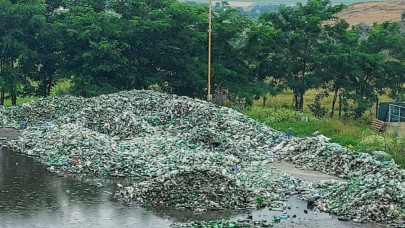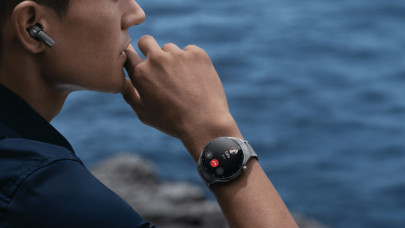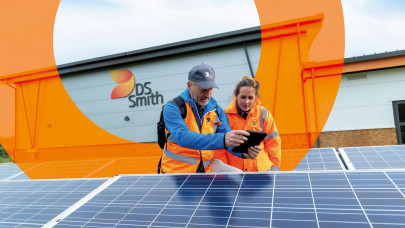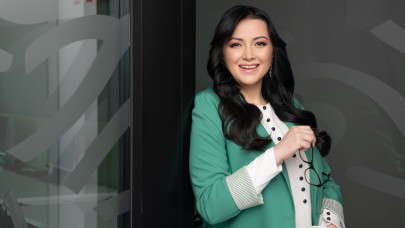In 2021, each person living in the EU generated an average of 35.9 kg of plastic packaging waste. Out of this, 14.2 kg were recycled. Compared with 2020, both plastic packaging waste generation and recycling increased: generation increased by 1.4 kg per capita (+4%) and recycling by +1.2 kg per capita (+9.5%).
Between 2011 and 2021, the amount per capita of plastic packaging waste generated increased by 26.7% (+7.6kg/per capita). The recycled amount of plastic packaging waste increased over the same period by 38.1% (+3.9 kg/per capita).
This information comes from data on packaging waste published by Eurostat today. The article presents a handful of findings from the more detailed Statistics Explained article.
Following stricter rules, implemented in 2020 for Member States to report their recycling, the recycling rate shifted from 41.1% in 2019 to 37.6% in 2020. In 2021, the recycling rate was back to an increasing path, marking 39.7%.
In 2021, Slovenia (50.0%), Belgium (49.2%), and the Netherlands (48.9%) recycled half, or almost half, of their plastic packaging waste generated. In contrast, less than one-quarter of plastic packaging waste was recycled in Malta (20.5%), France (23.1%) and Sweden (23.8%).


